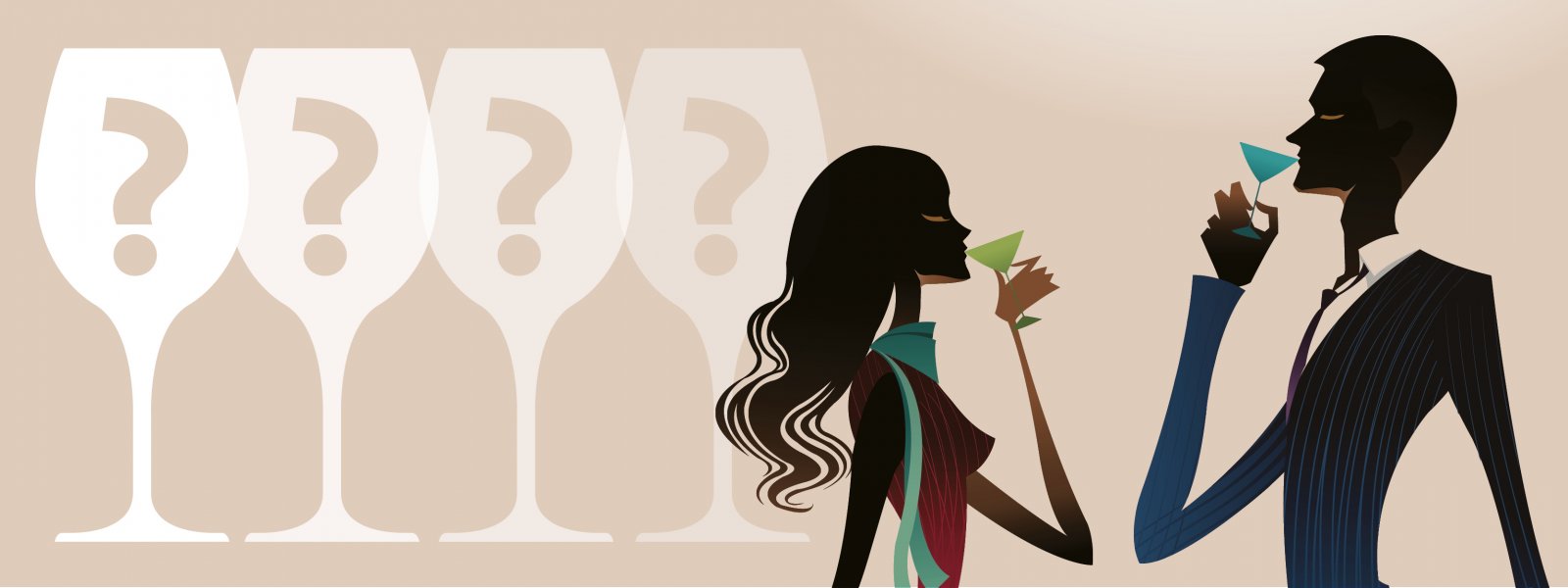How much is too much?
Consultant pharmacist Neil Hamilton addresses some common questions around alcohol and medication.
The great British public have a complicated relationship with alcohol. Drinking it is engrained in our culture and forms an intrinsic part of our social lives. This is the case, to a greater or lesser extent, across the Western world. However, unsurprisingly, the action of a few whilst under the influence of alcohol – for example some football fans – has given the British an especially bad reputation.
There are early signs that the average amount of alcohol consumed per adult in the UK has fallen slightly from its peak in 2004.

An annual BBC poll carried out since 2005 showed that of those surveyed, less people had drunk in the past week compared to 12 years ago. One of the reasons for this is the reduction in numbers of young drinkers. Young people were amongst the least likely to have had a drink in the previous week. Granted this is a small sample, but the data suggested that higher earners and older age groups are now more likely to consume alcohol than the younger generations. Whilst this may not be highlighted in terms of anti-social behaviour, there are obvious impacts on health and wellbeing that could be equally problematic.
With that in mind, I am not going to write a pious and virtuous piece about the dangers of alcohol and alcoholism. Indeed, I am sure a good many of you, like me, will have enjoyed a drink whilst meeting with friends and colleagues at the fantastic PHA UK conference recently.
My aim here is to try and dispel some myths and bring some reality to discussions that I frequently overhear, and address questions we pharmacists get asked around drinking and medicine. Much of this advice is not unique to patients with pulmonary hypertension, and consists of general tips and considerations applicable to all.
You cannot drink when you are taking warfarin
This is false. Patients prescribed warfarin can safely consume alcohol, provided it is in moderation. A steady, regular intake of two units per day is preferable to 14 units in one night. Binge drinking close to an INR check may well affect the result, so be aware, and if you have drunk more than usual near to a blood test, just let the clinic know so they can interpret the result in context.
You cannot drink when you are taking antibiotics
This depends on which type of antibotics. There is no blanket advice across antibiotics. As you may be aware there are many different medicines we treat infections with, so make sure you check with your doctor and / or pharmacist to be certain. The ones to definitely avoid alcohol with are metronidazole and tinidazole. Others that can be problematic are co-trimoxazole, linezolid, doxycycline, nitrofurantoin and erythromycin. If you have access to the internet, the NHS Choices website has more helpful advice on this subject.
I won’t take my diuretics if I am having a drink, because I’ll be in the toilet all day
My advice here is to take care. Alcohol does have a ‘diuretic’ effect, causing you to pass more water. Patients with any tendency towards fluid retention should take care when drinking beer, cider or anything ordered in larger volumes. I would also urge some caution if taking diuretics when consuming significant amounts of alcohol as the added diuretic, and therefore dehydration, effects would be potentially damaging to the kidneys and blood salt levels if repeated regularly.
I can’t drink because I am taking painkillers”
This depends on which one. Strong painkillers such as ‘opioids’ – which includes morphine, tramadol and codeine – all have the potential to cause drowsiness and nausea. This will be enhanced by alcohol. Sensible advice here is to avoid alcohol altogether when starting a new painkiller and also immediately after a dose increase. This way you can assess how the change is affecting your body.
I’m fed up and want a drink, but I’ve just started anti-depressants
Coping with a debilitating condition such as PH can be stressful and cause anxiety, depression and other mental illnesses. There are some interactions between some of the older anti-depressants, but these are far less frequently prescribed nowadays. Newer treatments are likely to be preferable but it is always worth checking if in any doubt.
It is not my place to pass judgement and everyone has their own way of coping with whatever life may throw at them. Sadly for some people, coping with life involves excessive alcohol and as with all addictions, alcoholism is not easily overcome. Support is available locally at your GP surgery and through your specialist centre if this is something you want to access.
Thankfully for most of us, drinking alcohol socially is a pleasure, and something we can enjoy without becoming reliant on. As with lots of things in life, enjoying a drink in moderation is unlikely to interact too much with commonly prescribed medication. Sticking to the government’s safe alcohol limits of 14 units per week is applicable to us all, as the evidence suggests this reduces health risks. Your pharmacist, either locally or at your specialist centre, will be happy to advise on alcohol in relation to your specific treatments.
















